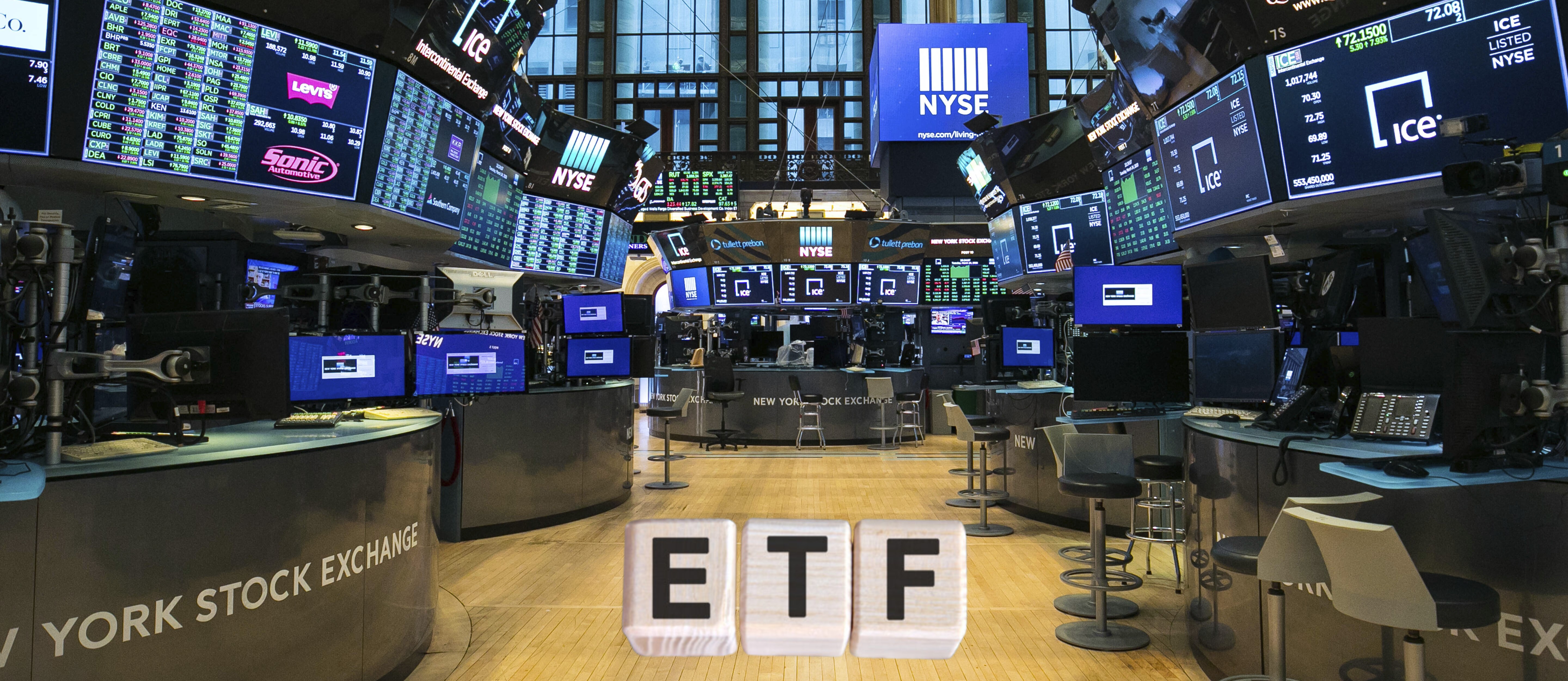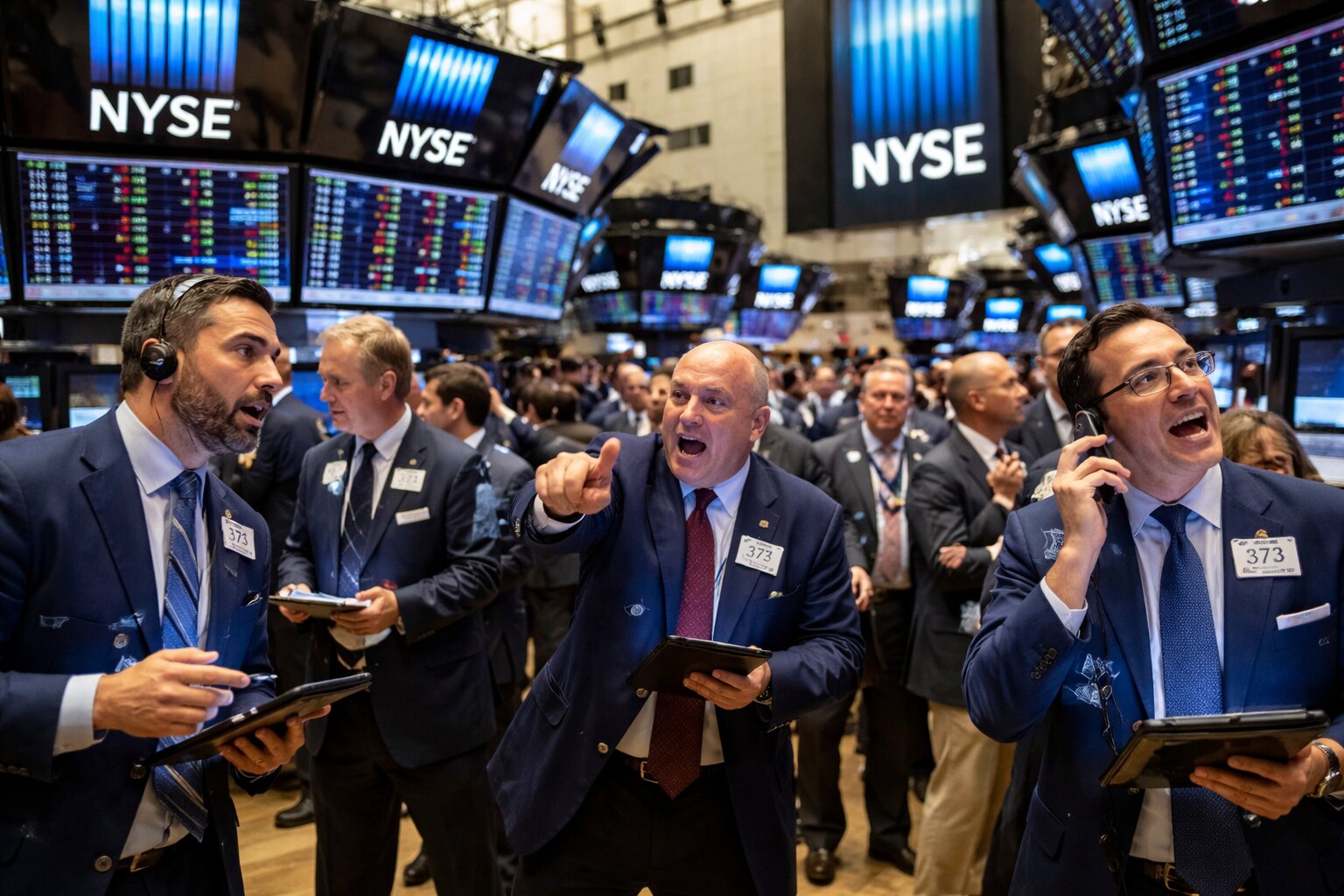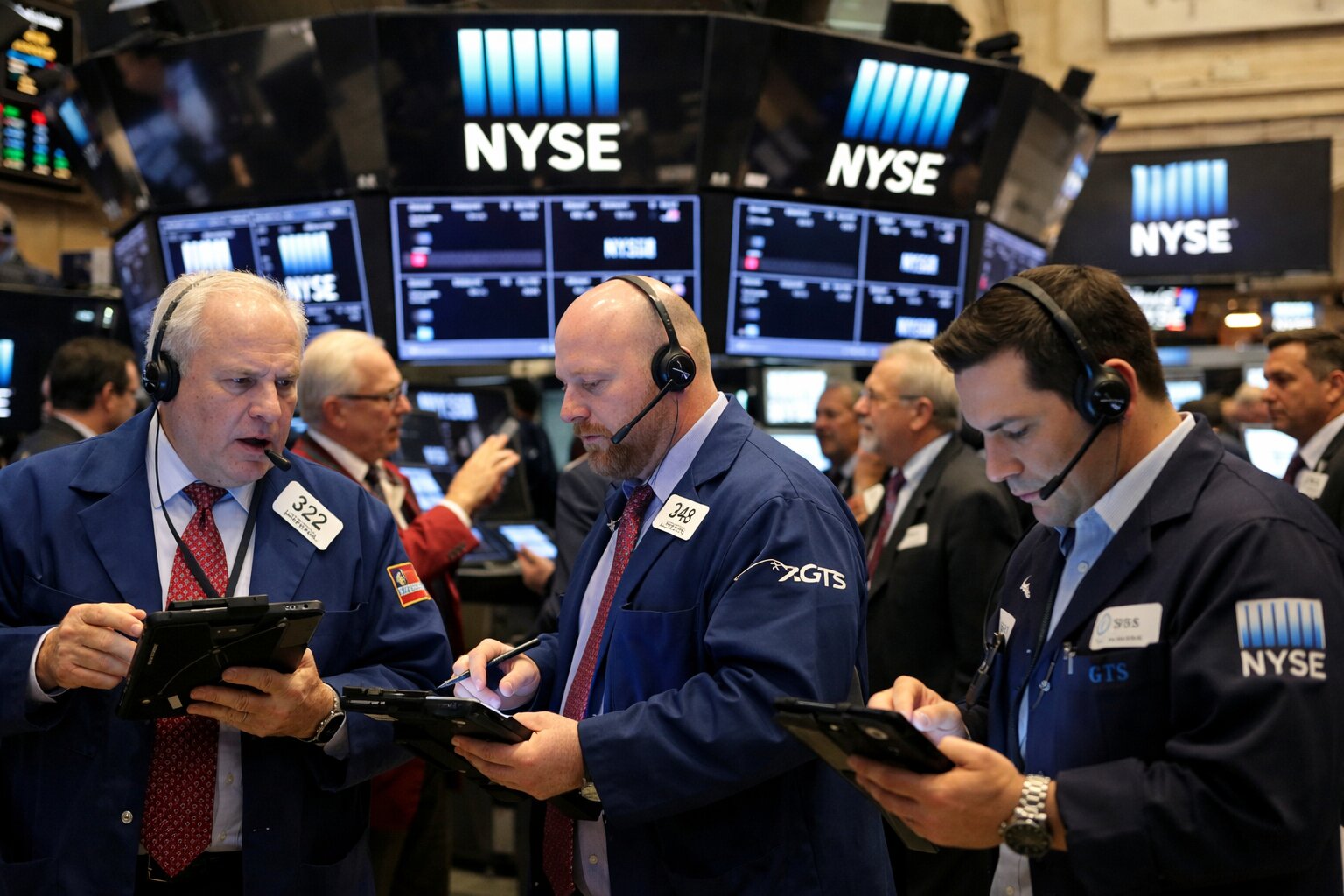
iShares Russell 1000 Growth ETF (IWF): Indexing Growth Stocks
Investment Landscape with IWF: A Closer Look at the Fund's Performance, Holdings, and Strategy | That's TradingNEWS
Trading News- For investors seeking a more comprehensive approach to indexing growth stocks, the iShares Russell 1000 Growth ETF (IWF) presents an attractive alternative. IWF provides an intriguing option for portfolio diversification, mirroring the established Russell 1000 Growth Index. It's worth noting that the IWF stands out with a portfolio of 444 stocks, contrasting with the narrower focus of similar funds, like the S&P 500 Growth ETF (SPYG).
This wide array of holdings creates a slight lean towards mid-cap stocks, a characteristic often underappreciated in the equity market. Like its growth-focused peers, IWF maintains a relatively low 30-day SEC yield of 0.8%, coupled with a substantial allocation (around 43%) to the technology sector. These figures reflect the fund's commitment to growth-oriented strategies.
Examining the ETF's prime holdings, investors will encounter several household names in the tech industry. Companies like Apple Inc. (AAPL), Microsoft Corp. (MSFT), Amazon Inc. (AMZN), Alphabet Inc. (GOOG, GOOGL), and Tesla Inc. (TSLA) are among the top players in the fund's roster. These megacap growth stocks have contributed significantly to the U.S. market performance in recent years, making their presence in IWF hardly a surprise. The expense ratio associated with the IWF is 0.18%, relatively competitive in the realm of similar growth-focused ETFs.
An interesting development occurred recently when new options began trading for IWF, specifically targeting the February 2024 expiration. The initiation of these contracts represents an intriguing prospect for option sellers, who could potentially obtain a higher premium compared to contracts with a nearer expiration. The $270.00 strike put contract, with a current bid of $12.40, presents a unique opportunity for investors. If an investor sells this put contract, they commit to buying the stock at $270.00 but will also collect the premium, effectively lowering the cost basis of the shares to $257.60.
This strategy could potentially pay off handsomely. Should the put contract expire worthless, the investor would retain the premium, representing a 4.59% return on the cash commitment or an annualized return of 6.81%. However, as with all options strategies, risk and reward go hand-in-hand, and the investor would be obligated to purchase the shares if the option were exercised.
On the other hand, if we turn to the call side of the option chain, the call contract at the $280.00 strike price currently has a bid of $16.20. An investor could purchase shares of IWF at the current price level of $271.95/share, then sell this call contract as a "covered call". This action commits the investor to sell the stock at $280.00. Taking into account the premium received, the total return (excluding dividends) could reach up to 8.92% if the stock gets called away at the February 2024 expiration.
The iShares Russell 1000 Growth ETF goes beyond just large-cap stocks by offering exposure to both large- and mid-cap growth stocks. It manages to hold an impressive array of over 500 companies, all of which are expected to have above-average earnings growth relative to the market. This diverse portfolio includes slightly less concentration in the technology sector (at over 40%) compared to some of its peers, with Apple and Microsoft accounting for more than 20% of holdings.
The fund's commitment to providing a balanced exposure is apparent in its asset allocation. Not only does it hold a considerable stake in the information technology sector, but it also extends its reach to consumer discretionary and healthcare sectors, with both receiving double-digit exposure. With a sizable assets under management (AUM) of $71.4 million and a daily trading volume averaging around 1.2 million shares, the fund's popularity and liquidity are evident.
The iShares Russell 1000 Growth ETF continues to enhance its global reach. Recently, its UCITS variant (R1GR) listed on the London Stock Exchange and Euronext Amsterdam on June 28, with a total expense ratio (TER) of 0.18%. These listings signify a concerted effort to emulate their success on a global scale.
Since its inception in 2000, the iShares Russell 1000 Growth ETF has been instrumental in shaping a market approach that incorporates systematic style tilts. It's part of a lineage that includes the iShares Russell 1000 Value ETF (IWD), both contributing to the introduction of a style-based approach to equity investing. Together, they manage an impressive $120bn, marking their places as key players in the global ETF market.
In conclusion, the iShares Russell 1000 Growth ETF demonstrates a well-rounded approach to growth stock investing, offering investors a broad exposure to diverse sectors. Its methodical tilt towards growth-focused large- and mid-cap stocks presents an attractive proposition for investors seeking an ETF that balances innovation with a time-tested investment style. The ETF’s growing influence is a testament to its successful strategy and points towards a promising future in the ever-evolving investment landscape.
That's TradingNEWS
Read More
-
GPIQ ETF Price Forecast: Can a 10% Yield at $52 Survive the Next Nasdaq Selloff?
09.02.2026 · TradingNEWS ArchiveStocks
-
XRP ETF Price Forecast: XRPI at $8.32, XRPR at $11.86 as $44.95M Inflows Defy BTC and ETH Outflows
09.02.2026 · TradingNEWS ArchiveCrypto
-
Natural Gas Futures Price Forecast: Will The $3.00 Floor Hold After The $7 Winter Spike?
09.02.2026 · TradingNEWS ArchiveCommodities
-
Stock Market Today: Dow Back Under 50K While S&P 500 and Nasdaq Push Higher as Gold Reclaims $5,000
09.02.2026 · TradingNEWS ArchiveMarkets
-
USD/JPY Price Forecast: Can Bulls Clear 157.5 Without Triggering a 160 Intervention Line?
09.02.2026 · TradingNEWS ArchiveForex



















